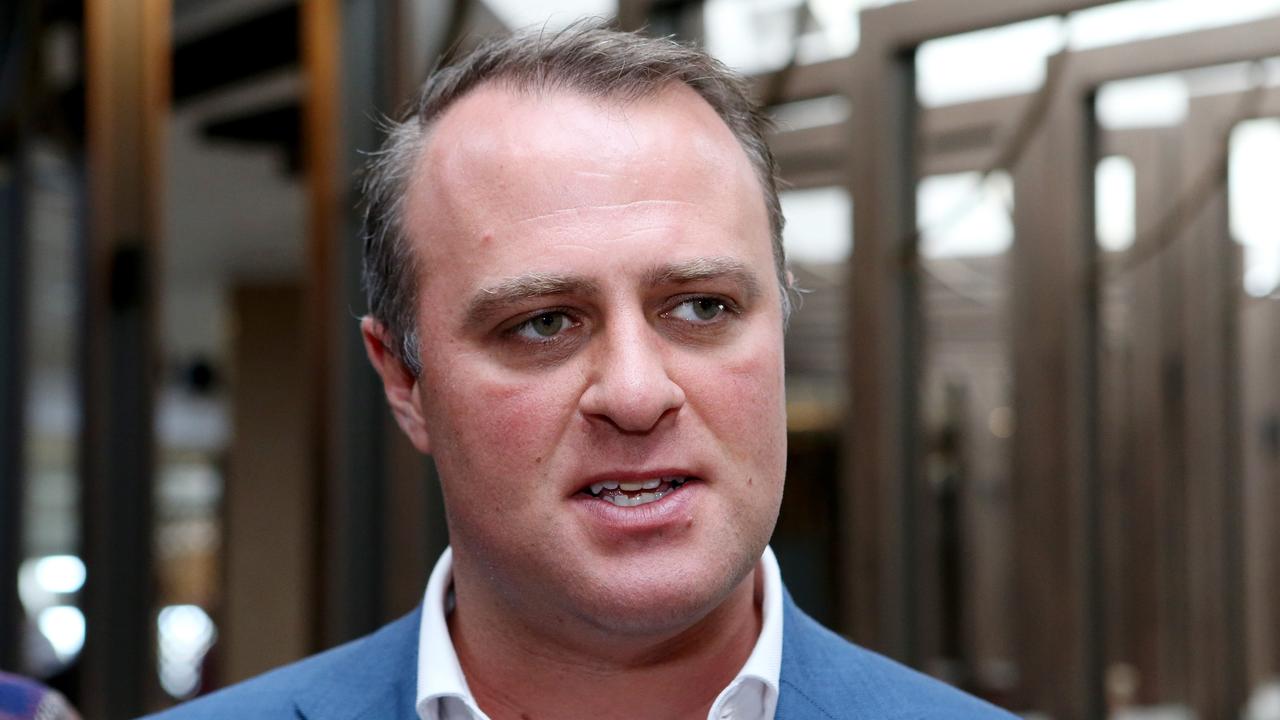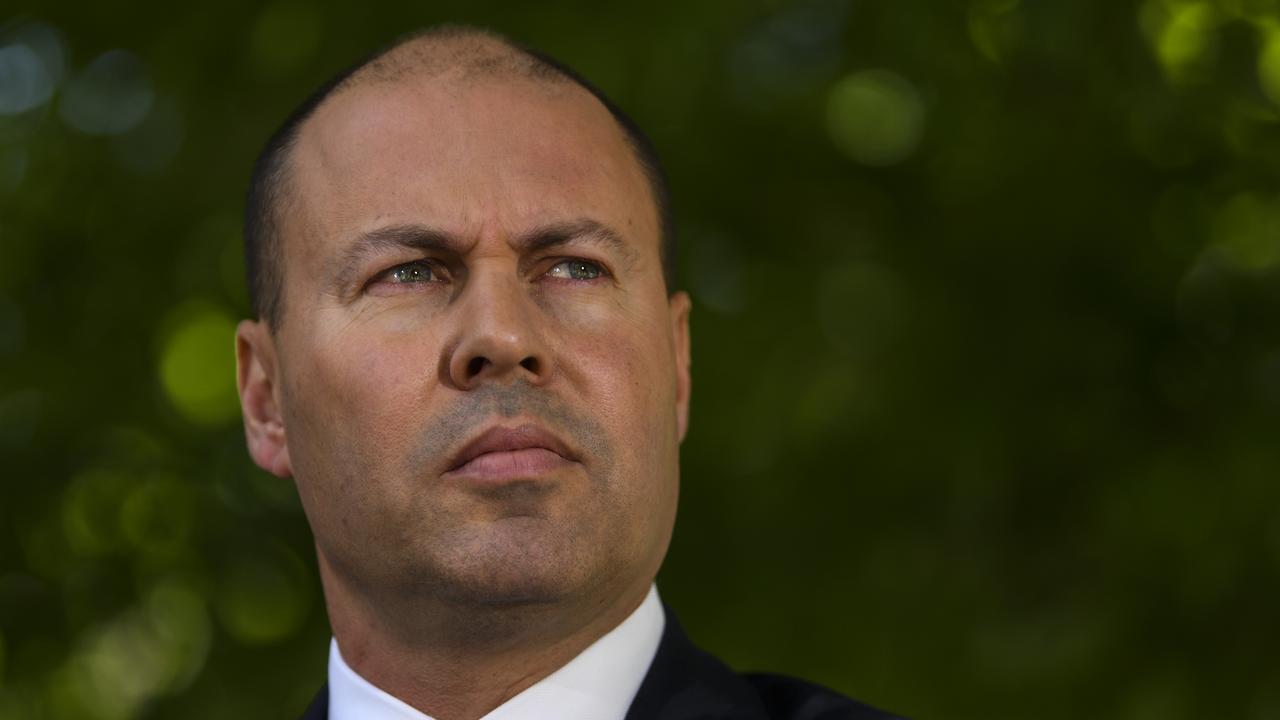Super shake-up: call to let workers pick from ‘best in show’
The Productivity Commission has recommended a list of 10 ‘best in show’ super funds picked by an expert panel.

The Productivity Commission has dismissed Peter Costello’s call for government-run superannuation for workers who do not choose their fund, recommending instead a list of 10 “best in show” funds picked by an expert panel.
In proposals that could redirect as much as $1 billion a year in workers’ super contributions, the commission has recommended taking the power to pick default super funds — massive in a system where few members consciously choose — off the Fair Work Commission and giving it to an independent expert panel.
Financial Services Minister Kelly O’Dwyer yesterday said the commission’s 571-page report had “completely vindicated” the government in its push to cap fees for fund members with low balances.
“Super has become worse than a honey pot; it’s a trough,” she said yesterday, signalling the government could make sweeping changes to the way workers are allocated to funds. “The government will obviously look at the report very closely, there are some interesting ideas; but what is very clear is the system is broken in terms of default-side of things. And that needs to change,” Ms O’Dwyer said.
The commission found much of the super system “was failing to deliver the right products and services to its members”, noting in particular that 26 no-frills MySuper funds holding $62bn on behalf of 1.7 million members had chronically underperformed, leaving people on track to retire with $375,000 less than they might otherwise have done.
“It’s completely damning of Bill Shorten’s changes to super and, frankly, it’s breathtaking to me that he hasn’t been held accountable for them,” Ms O’Dwyer said.
The Labor government in 2012, with Mr Shorten as financial services minister, legislated to create a panel within the Fair Work Commission to select which funds appear in industrial agreements, from which employers choose on behalf of their workers. The commission said fewer than 10 per cent of members switched funds each year and only a third had ever changed their investment option.
The commission dismissed a suggestion from Mr Costello, the former treasurer and Future Fund chairman, that a government-run fund, which would enjoy economies of scale in investment and administration, be set up for workers who do not actively choose their fund.
“If allocated all default contributions, a government fund would fail to harness the benefits of competition for better member outcomes,” the commission said. “Such an arrangement would still raise concerns about the potential risk of current and future taxpayers stemming from a government-owned default in the event of poor performance.”
On changing jobs or joining the workforce, the commission proposed workers use a “centralised online service” run by the Australian Taxation Office through which they could elect to stay with their fund or choose from a list of “best in show” chosen from 40,000-plus options available.
“Appointed panellists … should ensure the list contains only the highest quality funds, but also ensure there remains a competitive dynamic … to ensure the process produces benefits for members,” the commission said.
-
Key findings
● The two key problems affecting superannuation are unintended multiple accounts — often caused by people changing jobs — and entrenched underperformers among funds. Fixing these twin problems could benefit members by $3.9 billion a year.
● A 55-year-old today could gain $61,000 by retirement and someone starting a job today could gain an extra $407,000 by the time they retired in 2064.
● The default segment of super funds generated average net returns of about 7 per cent a year. Top performers were typically (but not always) larger, not-for-profit funds. Default funds are those allocated to new workers.
● For-profit funds delivered returns below several benchmarks and significantly below not-for-profit funds.
● The default segment outperforms the system on average, but some workers are exposed to the costly risk of being defaulted into an underperforming fund (resulting in 36 per cent less in savings by retirement).
● A third of accounts (about 10 million) are unintended multiple accounts. These erode members’ balances by $2.6bn a year in unnecessary fees and insurance.
Recommendations
Members should be put in a default fund only once, when they start working.
Workers should be able to choose a fund from a ‘best in show’ list of 10 or so high-performing funds, identified by an independent panel.
Poor-performing funds should merge with better performing funds, and board members should have appropriate skills.
Regulators APRA and ASIC need to be more confident in demanding better standards and taking action when behaviour falls short of members’ best interests.





To join the conversation, please log in. Don't have an account? Register
Join the conversation, you are commenting as Logout